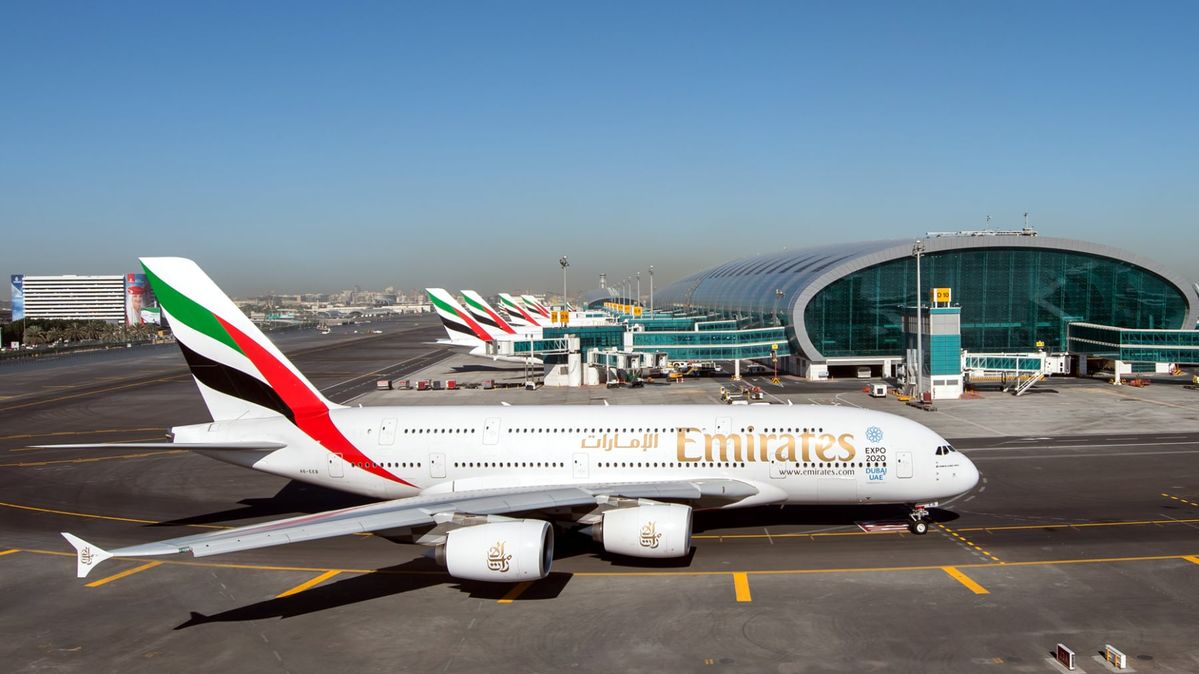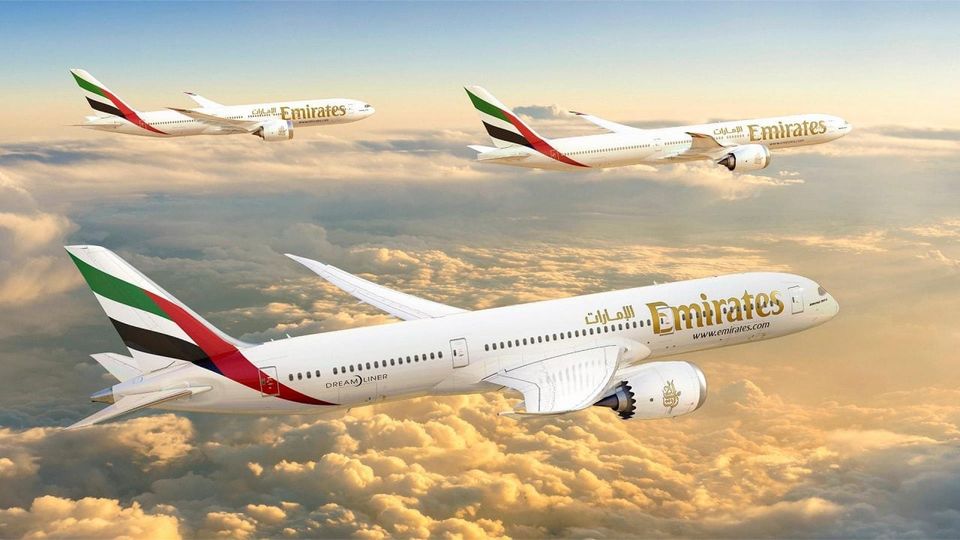Emirates won't retire its A380s until "mid-2030s"
There's plenty of life left in those superjumbos, says Emirates President Sir Tim Clark.

Emirates plans to keep flying its flagship Airbus A380s until the middle of the next decade, when the last remaining superjumbo will be replaced by the Boeing 777X.
That's the plan laid out by Emirates President Sir Tim Clark, who says the carrier's globe-striding fleet will become larger but "leaner" with the shift to all twin-engine jets, while also expanding its network to push into new cities with the aid of the forthcoming Airbus A350s and Boeing 787s.
Speaking at today’s CAPA Live summit, Clark mapped out how Emirates' fleet would evolve over the coming years and adapt to take advantage of the post-COVID travel boom.
"At the end of the day, my view is that once we are through this demand for air travel will return, consumer confidence will return," Clark said, adding that he saw no reason to change what he described as Emirates' "fundamental business model."
"Are we going to see this super hub that we created diminish? No. Do we probably need more aircraft post-pandemic to do the job? Yes, we do."
A380 to make way for the 777X
"The A380, of which we have 118 at the moment and five more on delivery, will continue in the plan until the mid '30s" Clark revealed at today's CAPA Live summit.
"The 777X was due to come in June of last year, now it's unlikely I think to be before the first quarter of '24."
By the end of this decade and the beginning of the next, Emirates' heavy-duty fleet strategy will involve "using the A380s on the trunk routes, barreling through from east to west and north to south... with the 777X gradually slipping in to replace the A380s that eventually retire."
Big plans for the mid-size twins
Emirates has also inked contracts for 50 Airbus A350-900s and 30 Boeing 787-9s, although the airline is considering swapping out between 30 and 50 Boeing 777X orders for more Dreamliners.
Clark said "we're just just looking at how we can bring these into the fleet, and when" – with both of these mid-size "new twins, fuel-efficient twins" vital in growing the network which by the mid-2030s "will probably be 30% larger in terms of cities served than it is today."
"There are many cities and markets that we haven’t served for very good reasons," Clark admitted.
"Sometimes it is because even with intelligent use of the aircraft it still doesn’t stack up on the economics," which is where the mid-sized A350 and Boeing 787 will have a clear advantage over the A380 and Boeing 777.
"How and when these aeroplanes come in will be a question of where we think demand is going to be, and how the manufacturers are in a position to deliver at the pace and numbers that we want."
More to follow...


03 May 2013
Total posts 684
The only way to fly....
Qantas
19 Apr 2012
Total posts 1429
I suspect Qantas time line won’t be much different.
Hi Guest, join in the discussion on Emirates won't retire its A380s until "mid-2030s"